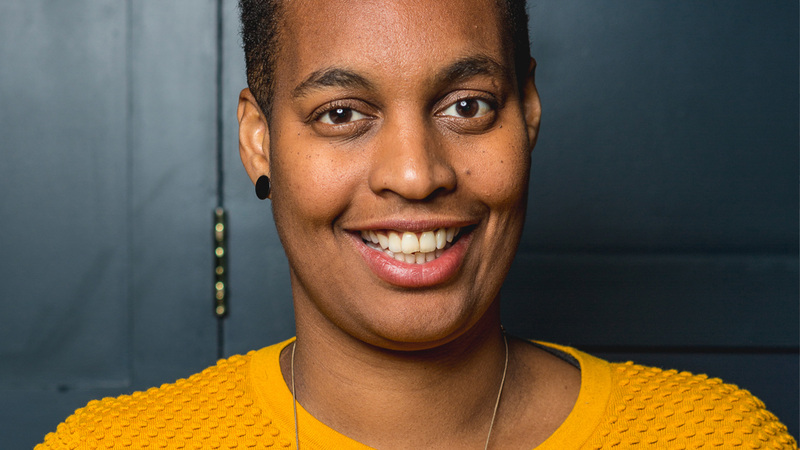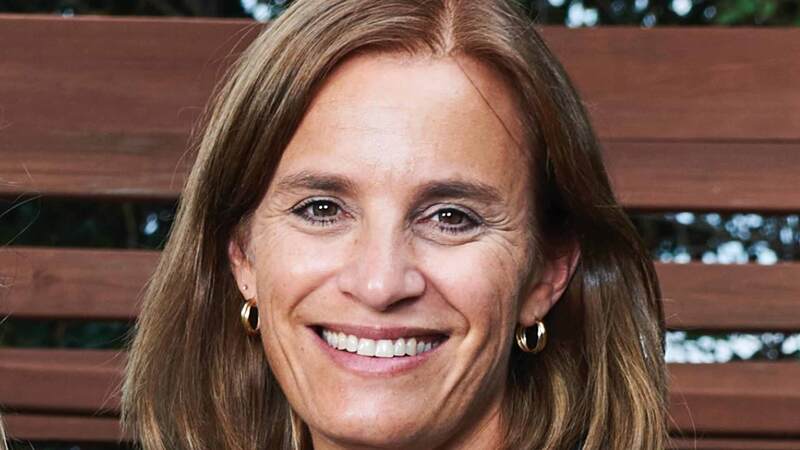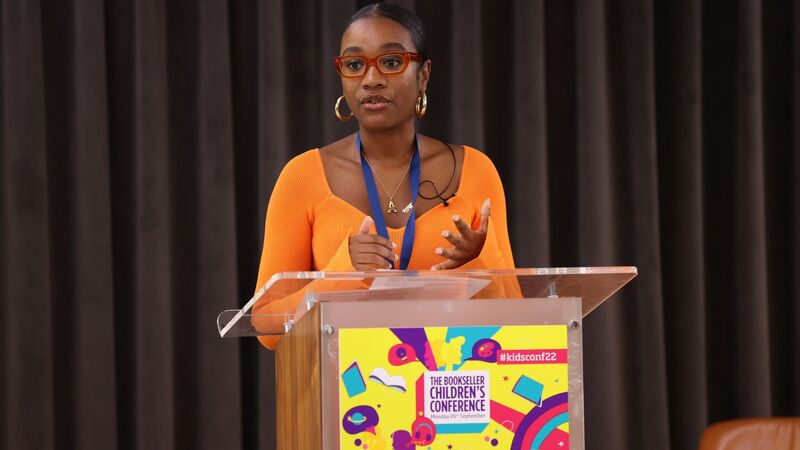You are viewing your 1 free article this month. Login to read more articles.
Get involved with Disability Pride Month
From workshops to launches, publishing is starting to wake up to this celebration of disabled and chronically ill people.
Get the bunting out because July is Disability Pride Month! It initially began as a day of celebration in Boston, USA in 1990 and progressed to spanning a whole month, whilst also crossing the Atlantic to the UK.
Disability Pride Month is a perfect opportunity for publishers to celebrate and market their disabled and chronically ill authors, along with books containing positive disability representation or that showcase disability history, sport and rights, to name but a few categories. That’s why I wanted to find out what the publishing industry is doing to mark this month, not just for disabled people but for readers as a whole.
Via emails and a Twitter callout I asked a number of publishers, bookshops and organisations for their plans. Leading the way is the SoA, with its "At Home" week from 4th to 9th July curated by the SoA’s ADCI group (authors with disabilities and chronic illnesses). Claire Wade, the group’s co-founder, says that "the focus is on how to remove the barriers disabled authors face and it will include an Industry Insider, an afternoon tea with Jen Campbell on 7th July and a disability-focused writing workshop led by Moving Mountains." All events are virtual via Zoom and will have live captioning and BSL interpretation. As part of the week there will be a takeover of the SoA’s Instagram account and virtual readings from DCI authors.
Blackwell’s is preparing a collection of books around disability to launch around the start of July, to "inform and inspire a wide range of readers", plus a Twitter takeover discussing favourite reads either with disabled characters or by disabled authors. The chain also wants to raise awareness of accessibility and quiet nooks in store for those who would benefit from them.
On 5th July Tamsin Rosewell is chairing a Kenilworth Books online launch for a children’s book called Autumn Moonbeam. It’s a timely event for Disability Pride Month as the author, Emma Finlayson-Palmer, is autistic and has two lead characters in the book who are too. Says Rosewell, "disability inclusion is something that will be very much part of our launch discussion", and points out that the online format suits the access needs of both herself and Finlayson-Palmer. She adds "we will also be doing a display for Disability Pride Month of both fiction and non-fiction. There are increasing numbers of books for adults and children with well-written, well-researched disabled characters; we’re very glad to see them, and we’re keen to celebrate them".
On the publisher side, small publishers appear to be leading the way. Kevin Duffy, founder of award-winning independent publisher Bluemoose, publishes authors who identify as disabled and is keen to publicise their work. He says "I think we can all do more to celebrate Disability Pride Month. Listen more, read more and try to create more access for writers’ work to be read and published. At Bluemoose we’re trying to get better and have probably made mistakes in the past but we’re listening and learning and publishing writers who are telling their stories and that’s how it should be."
I’m particularly interested to keeping an eye out to discover what – if anything – the other big four publishers have in store as the month progresses.
At Orenda, another independent publisher, founder Karen Sullivan was quick to get in touch with her plans. "We are supporting Disability Pride Month because recognising and celebrating otherness... is a core value of Orenda Books and it is important to see this represented, from characters and themes in our books to members of our team. We are, of course, actively looking for authors who identify as being disabled." Orenda author Louise Beech, who identifies as disabled, will be writing a blog for their website about disability in her books.
Simon and Schuster’s focus for Disability Pride Month is on the staff side of the business, telling me "we are working with Leonard Cheshire on their Change 100 programme... paid summer work placements, professional development and mentoring where talented students and recent graduates with any disability are matched with an employer. We look forward to our candidate starting with us later this month."
Not all those I asked got back to me, leaving me wondering if this was due to my communication getting lost or whether the businesses concerned don’t have any plans. Nevertheless I’m particularly interested to keeping an eye out to discover what – if anything – the other big four publishers have in store as the month progresses.
Why is Disability Pride Month important? Publishing should welcome all readers and reflect society as a whole. Historically disabled people as a group are underrepresented in fiction and in the publishing industry, as both staff and authors. It makes commercial sense to reach out to as wide a range of readers as possible, and for publishing to practice the inclusion and diversity message it preaches. So far it’s a small but steady start, but those who aren’t taking part this year have a whole 12 months to plan extra special and innovative campaigns to mark Disability Pride Month in 2023!




















